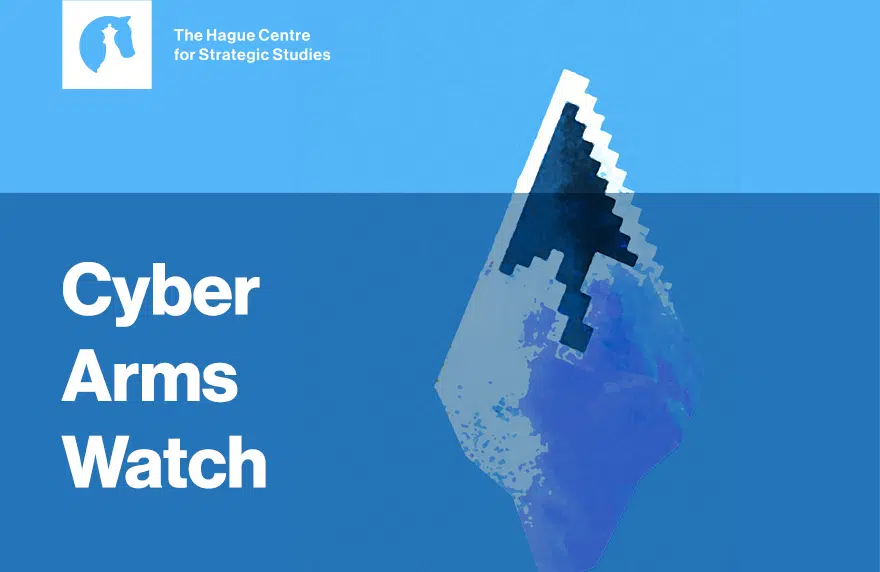In August Cyber Security Expert Alexander Klimburg participated in the largest hacker conference, DEF CON. The two panel discussions can be viewed below.
Panel – Rebooting Critical Infrastructure Protection
In 1998 the US government issued the first major policy document on Critical Infrastructure Protection (CIP). Since then, CIP has become one of the most fundamental tasks for governments everywhere, and has given birth to a plethora of institutions and processes seeking to manage what is called a “Public Private Partnership” between government, industry, and civil society. But despite all the efforts put into information exchanges, incident management, but also supply chain protection and even national industrial policies, cyber-attacks have not decreased, both in the United States and elsewhere. What else needs to be done? What lessons learned are there from international experiences? And how can the community help best? Find out the answers to these questions by viewing the Panel discussion on Rebooting Critical Infrastructure Protection below!
Policy Panel – Hackers into the UN: Cyber Discussions on War and Peace
As if 2020 and 2021 were not bad enough, the COVID-19 pandemic seemed to have been accompanied by a new rash of bad cyber- attacks on major platforms like Solarwinds and Microsoft, infrastructures worldwide subverted in ransomware campaigns, and even the very organizations researching and fighting the pandemic have been hit.
Meanwhile, the hard work of cyber diplomacy continues, with talks on war and peace in the United Nations reaching a new stage as two working groups presented their final report and a third one is in the process of being born. Mostly the topics are on establishing norms on cyber behavior, rules of the road of what states can do in cyberspace. But where are the hackers in all this? The Internet is famously not run by intergovernmental organizations, so the companies, civil society groups and others should somehow be involved – and one of the UN processes did in fact make a small step in that direction. But the staid ways of pin-striped cyber are hard to change. What is the best way for the community to engage? You can find an answer to these questions in the policy panel discussion below.





